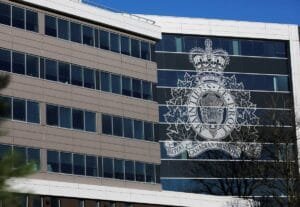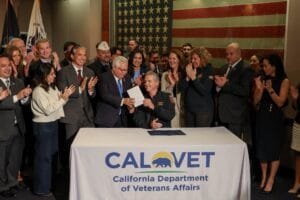NATO foreign ministers prioritize Ukraine support amid ongoing conflict with Russia
NATO foreign ministers gathered in Brussels on Tuesday for a two-day meeting, with intensified support for Ukraine topping the agenda. As the war with Russia grinds into its third year, member states have pledged hundreds of millions of dollars in new military aid.

NATO foreign ministers gathered in Brussels on Tuesday for a two-day meeting, with intensified support for Ukraine topping the agenda. As the war with Russia grinds into its third year, member states have pledged hundreds of millions of dollars in new military aid.
The United States and Germany announced significant contributions ahead of the talks, underscoring the alliance’s commitment to Ukraine’s defense.

Ukrainian President Volodymyr Zelenskyy reiterated his call for NATO membership, stating on Sunday, “An invitation to join NATO would fundamentally strengthen Ukraine before any negotiations to end the war.” He added, “Our place is within NATO. This is not just our aspiration but a necessary security guarantee for Ukraine and the entire region.”
However, NATO leaders, while reiterating Ukraine’s future in the alliance, have maintained that membership cannot occur while the war is ongoing. NATO Secretary-General Jens Stoltenberg emphasized this stance in a recent statement, saying, “We remain steadfast in our support for Ukraine, but membership requires certain conditions, including peace and stability within the country.”
U.S. State Department spokesperson Matthew Miller stressed the urgency of military assistance, saying on Monday, “Our priority is to ensure Ukraine is in the strongest position possible—not just now but for the years to come. Ukraine’s ability to defend itself is critical to the security architecture of Europe.”
On the battlefield, Russian aerial strikes targeted energy infrastructure in western Ukraine overnight, with damage reported in the Rivne and Ternopil regions. In the Dnipropetrovsk region, Governor Serhiy Lysak highlighted the toll on civilians, stating on Telegram, “Russian shelling and a drone strike hit Nikopol, damaging multiple homes, a gym, and critical power lines. These deliberate attacks on civilian infrastructure must not be ignored.”
The conflict extended into Russian territory, with Moscow reporting its defenses intercepted Ukrainian drones over the Belgorod and Bryansk regions. Russia’s Defense Ministry said, “Our air defense systems successfully neutralized Ukrainian drones attempting to infiltrate Russian airspace.”
Despite the ongoing violence, the NATO-Ukraine council continues to work on strengthening cooperation. A senior Ukrainian diplomat attending the talks remarked, “The support from NATO is invaluable, but our ultimate goal remains full integration into the alliance. This is not just Ukraine’s fight; it is a battle for shared values and collective security.”
As the meetings continue, NATO’s unified stance on Ukraine remains a cornerstone of its response to Russian aggression. However, the path to peace and stability in the region appears fraught with challenges, requiring sustained international coordination.














